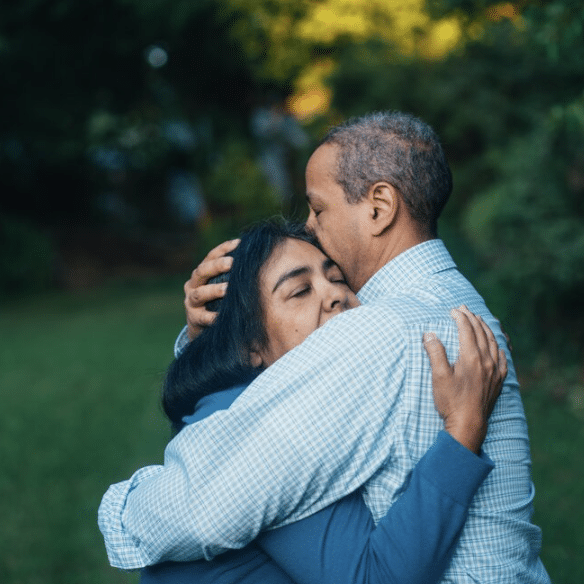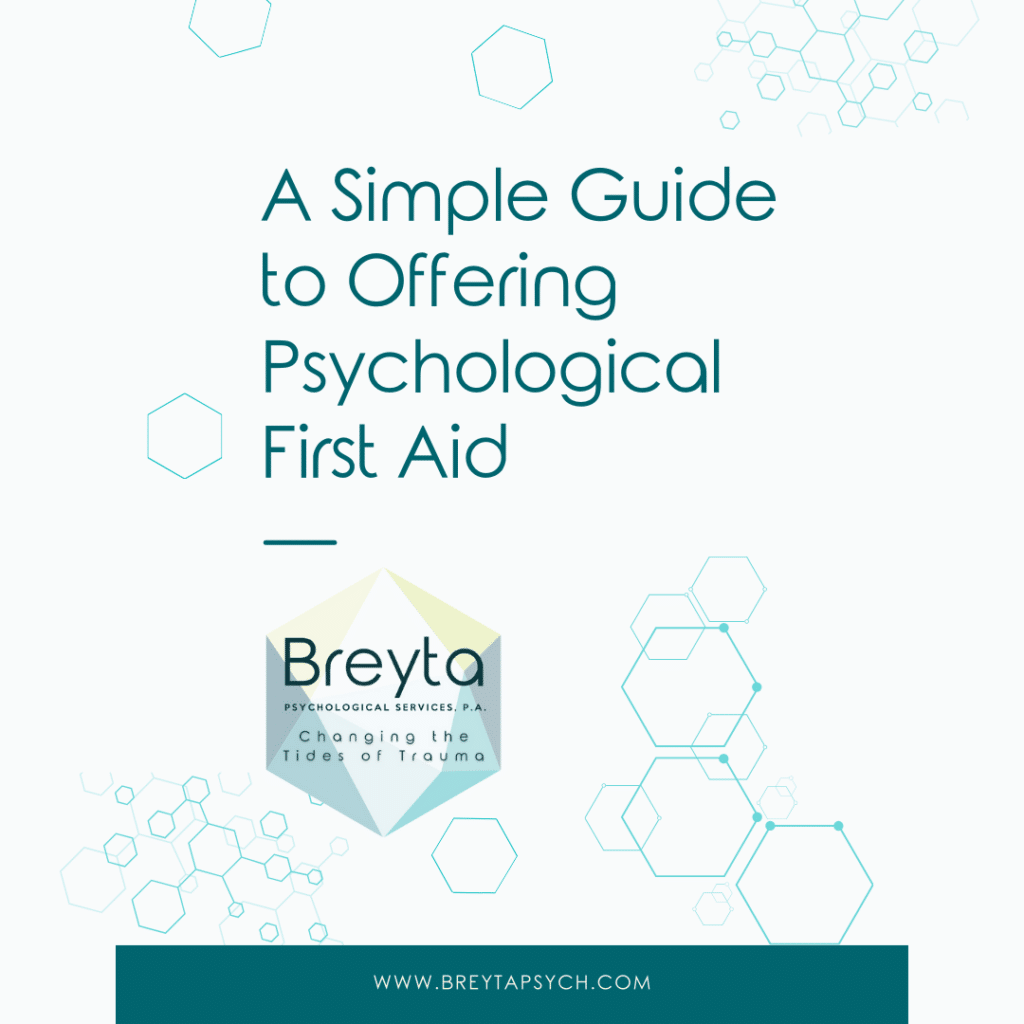Living with depression is exhausting. Even if you’re actively trying to heal, dealing with your symptoms on a day-to-day basis is a challenge. You might feel like you’re not yourself, struggling at work, unable to focus in school, or avoiding social situations.
However, there are some lifestyle changes and habits you can employ to lessen your symptoms. While not all of these strategies will work for everyone, trying even one or two of these suggestions might help alleviate some of your symptoms.
Here are a few things you can do to make coping with depression easier.
1. Journaling
Sometimes, simply expressing yourself without worrying about what anyone else will think can help you process your emotions. For example, writing down your thoughts in a journal is an effective way to make sense of what you’re going through. You can even track your moods to see which lifestyle changes are helping you the most.
2. Exercise
Exercise is highly beneficial for people with depression. It’s a natural way to boost your mood! But depression can sap your energy, making it difficult to work out on a regular basis. Nevertheless, moving your body in any way that works for you is still helpful. For instance, you could get into a habit of going for evening walks.
3. Healthy Diet
Eating a healthy diet is essential for your overall mental and physical health. Yet cooking can be tough for people with depression, as depression affects your energy levels and ability to concentrate. If you find that you rarely have the energy to cook, try keeping healthy foods on hand that don’t require any preparation, like fruit or nuts. You can reach for some dark chocolate as a treat!
4. Time in Nature
Getting outdoors can make you feel a little lighter. Fresh air and sunshine can work wonders for your mood. Of course, you don’t need to go on any serious outdoor excursions to get the benefits. Just going for a hike or reading a good book outside is a good idea.
5. Unplug
Spending hours scrolling through social media can definitely affect your mood. In addition, comparing yourself to others and reading negative headlines might worsen your symptoms. Instead, delete time-consuming apps from your phone and try activities that don’t involve screens.
6. Get Lost in Art
Wish that you could get your mind off of your symptoms for a while? Reach for your favorite novel, or put on a movie that you love. You could also put on an album that you enjoy. Art provides a welcome escape when you need it most.
7. Practice Mindfulness
While yoga and meditation are not cures for depression, they can positively influence your mood. Try doing yoga for a few minutes in the morning or before bedtime. Plus, you can easily meditate after doing yoga – you’ll already feel relaxed!
8. Patience and Acceptance
Self-acceptance and patience are both important aspects of healing from depression. Try to avoid criticizing yourself for the way you feel or not healing “fast enough” – everyone moves through life on their own timeline.
9. Turning to Friends and Family
Everyone struggles with their mental health at some point. You may be nervous to open up to your loved ones about living with depression, but they might be more understanding than you would assume. Leaning on a friend can help remedy your symptoms.
10. Working With a Therapist
Finally, don’t hesitate to reach out for professional help. You do not have to struggle with depression on your own – working with a therapist can aid your healing process.





